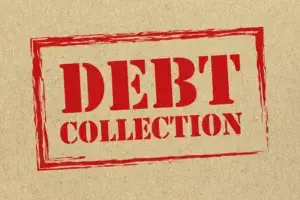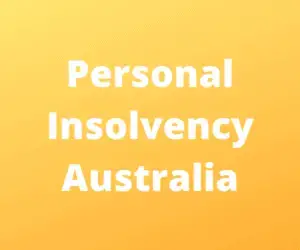Did you know that lenders do provide better home loan rates where you can refinance your mortgage with bad credit? Here’s how you can do it.
Now we know it’s not ideal to have a bad credit rating. There is a range of service providers out there who will actually help you during these challenging times where you can save money each month on your repayments.
At the same time, consider using a credit repair company to help you towards improving your credit rating. Not only that, but practice debt-free principles of avoiding consumerism and the constant need to buy new stuff.
Refinance your mortgage with bad credit
The best way to refinance your home loan when you have a negative credit history is by ensuring first that you have equity. Banks love to see when you have at least 20% equity in your property while 30% is even better!

Lenders like to minimize their risk especially when you have a history of non-repayments or late repayments. History leaves clues and their fear is that you’ll default again. Perhaps your property has grown in value since you purchased it.
Here is how you refinance your mortgage with a bad credit rating:
1. Check your credit file first and see how bad it actually is
An overdue phone bill isn’t something that lenders are too worried about. However, defaulting on several mortgage repayments IS definitely a big problem. Lenders always check your credit history and it’s good for you to check it first.
You can actually get a free copy of your credit rating these days.
2. Trim your everyday expenses and budget properly
Do you have expenses that you’re paying for but aren’t actually using? You can trim them from your monthly credit card payments. What about your debt repayments? Are you falling behind? Because you can also request a payment reduction so that you avoid missing those repayments.
Paying your bills on time is one thing that lenders often look for.
3. Use an experienced mortgage broker who deals with bad credit borrowers.
Not all mortgage brokers are experienced in this field. You’ll want to find one that actually has lenders on their panel that help borrowers with impaired credit histories. How do you find one? Often we recommend a great mortgage broker and you can get in touch so we can share their details.
Avoid an everyday mortgage broker because their lenders are often mainstream.
4. Make sure your application documents are in order.
Don’t make the mistake of “forgetting” certain documents. Lenders are smart and will pick up on things if you’re trying to hide that debt that is overdue. You’ll need documents such as bank statements from the last 6 months, 100 points of ID and mortgage statements for all of your properties.
Be organized and punctual when they ask for evidence for your application.
5. Avoid high LVR mortgages
While it seems tempting to refinance your mortgage to a lower interest rate, if you’re going to trigger lender’s mortgage insurance then it all might be a waste of time. Aiming for sub 80% LVR shows that you’re a lower risk to the bank, as well as some savings in the bank which go will go a long way to get you approved.
If you are going to borrow more than 80% of the value of your property, it may not be worth it.
Comparing marketplace options
Let’s say that you’re now committed to finding a non-conforming home loan that will fit your needs a lot better, then there are certain things you’ll want to watch out for.

These include:
- Additional fees. These can be hidden or in plain sight. Do a calculation to see how much this will add up to over 1 year.
- Repayment schedules. Some non-conforming lenders won’t give you the flexibility of how often you can repay.
- Mortgage offset accounts. While your old home loan might have had a handy offset account, your new loan may not. Check that it does indeed have one.
- Make sure the comparison rate is competitive. The true cost of a home loan is measured by the comparison rate, not the interest rate. You might be shocked to find that this is higher than before.
- The volume of lenders. Mortgage brokers should provide you with the option of more than one lender for a bad credit mortgage. If they don’t, then it’s time to find another one.
This is why we’re all about the research here at The Debt-Free Community. We want you to get the best deal possible.
Our verdict
You can definitely get approved for a home loan even with black marks on your credit history. These are called non-conforming home loans and are becoming popular in Australia.

Some people will benefit from these, especially when they have equity in their homes. Others, on the other hand, will not benefit at all, since there is almost always higher interest rates than standard loans.
One option is to negotiate with your current bank. They might give you a 0.5% reduction on your home loan which saves you from the process of refinancing. Some people are approved while others are rejected. The only way to know for sure is to ask them!
Another option is to reach out to us or get on a free discovery call. The Debt Free Community is always happy to share tips and ideas on how everyday Australians can get themselves slowly out of debt for good.




